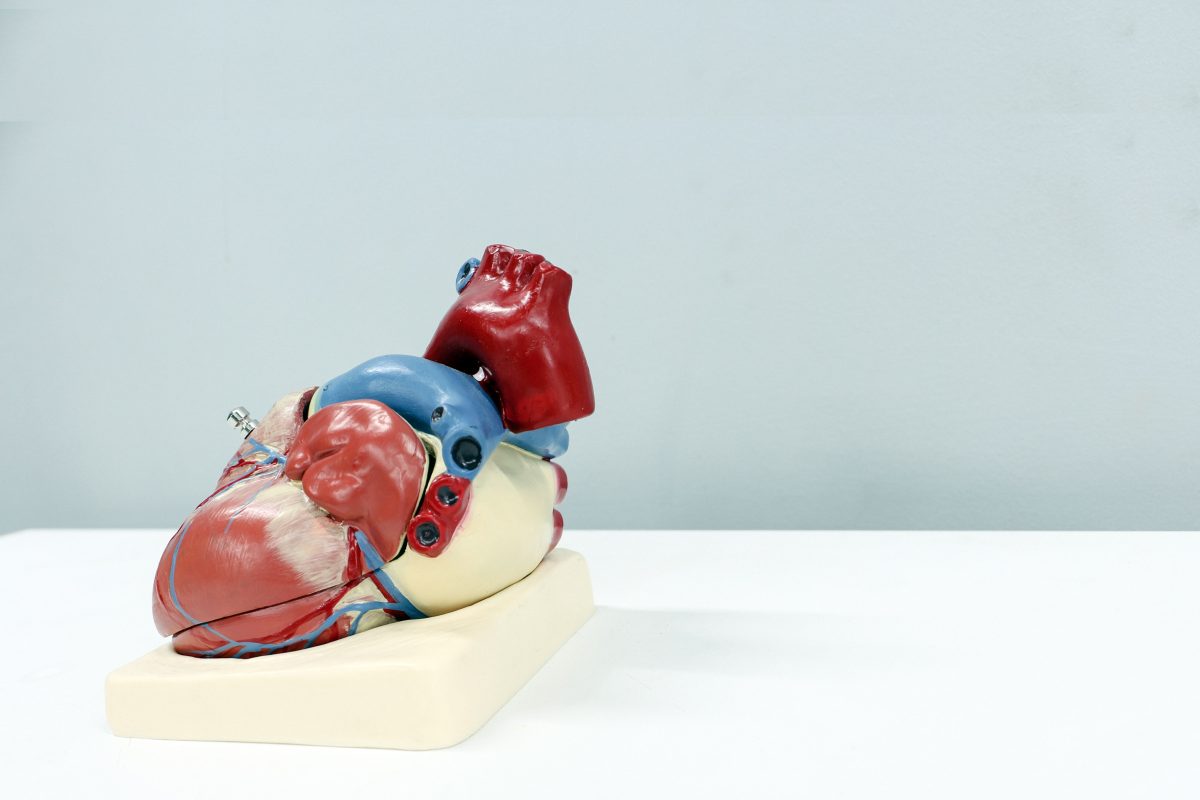A new study finds even a single dose of alcohol can alter the brain
New year – time for resolutions
Resolutions aimed at altering behaviour are again being discussed as the new year draws closer. Quitting drinking may be one of the most challenging habit changes to achieve.
A new study has provided data that might help. According to a recent study, even a single exposure to alcohol may permanently alter the shape of nerve cells and lead to addiction. So far, the study has been conducted on animals. But it may apply to “party animals” too!
Researchers have determined that alcohol explicitly alters the structure of synapses and the mitochondria, the cell’s powerhouses, in nerve cells, which are the fundamental units of the brain and nervous system that receive sensory data from the external environment. Synapses are where neurons exchange information.
According to a report published in the journal Proceedings of the National Academy of Sciences, drinking is less rewarding by lowering mitochondria’s migration in synapses in the fruit fly’s genetic model system. Researchers said that these findings might imply that even a single drinking incident might predispose someone to alcoholism. Even though most studies have focused on the hippocampus, our brain’s control centre, as the consequences of chronic alcohol consumption, this study focused on its consequences.

Alcohol consumption alters the body and mind
According to Henrike Scholz from the University of Cologne in Germany, “we set out to find out if there are any molecular changes caused by ethanol. These, in turn, result in permanent cellular changes after a single acute ethanol intoxication. The effect of a single alcohol consumption was assessed at the molecular, cellular, and behavioural levels.”
The researchers used fruit flies and mouse models to detect ethanol-induced changes in mitochondrial dynamics and neuronal synapse balance. Mitochondria function as the primary energy source in cells, particularly nerve cells. They deliver energy optimally to cells by moving. In ethanol-treated cells, the mitochondria’s movement was impaired. Specific synapses were also negatively affected by chemical imbalances.
According to the researchers, these alterations were permanent. They were corroborated by behavioural modifications in mice and fruit flies: mice and fruit flies consumed more alcohol and relapsed later in life. Neuronal remodelling is an established mechanism for learning and memory. The team said these mechanisms, fundamental to learning and memory, are also thought critical to creating drug-related reward associations.

Alcohol-induced alterations lead to addiction
The researchers believe these ethanol-dependent cellular alterations are essential in developing addictive behaviours. Because some of the observed alterations may influence ethanol-related memory formation, they speculate that these cellular changes are critical. “Remarkably, cellular processes contributing to such complex reward behaviour are conserved across species, suggesting a similar role in humans,” said Scholz. “It might be a general cellular process important for learning and memory,” Scholz added.
Getting support
It is advisable to avoid alcohol altogether. Unfortunately, our social norms and behaviours encourage alcohol during get-togethers. In case you think you tend to drink too much and it is negatively impacting your life, consult a professional for support.
As recovering alcoholics discover, we can have fun without alcohol.
If you or a loved one is struggling with alcohol-related issues, call Freephone
Freephone: 0800 140 4044
Local rate: 0300 330 3040

